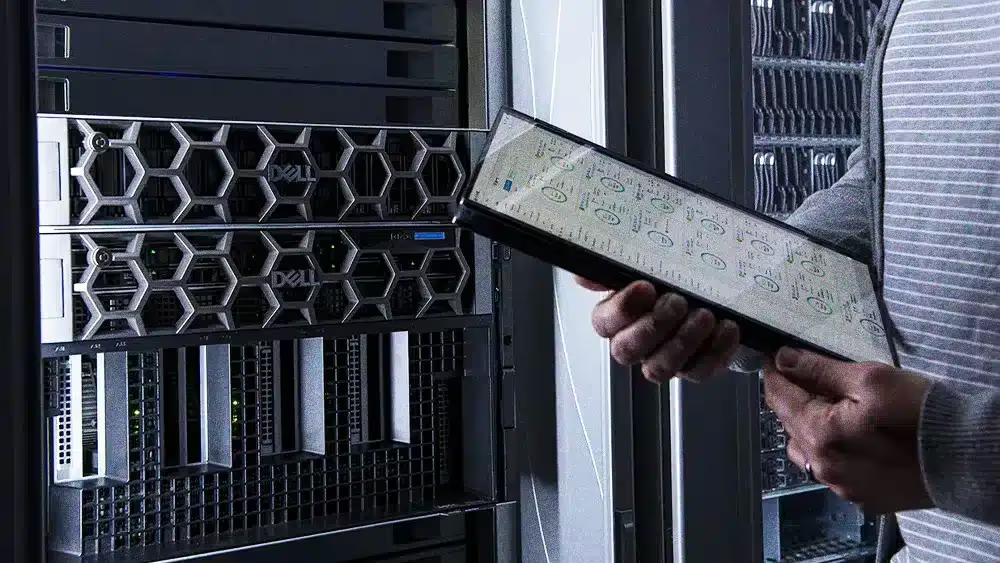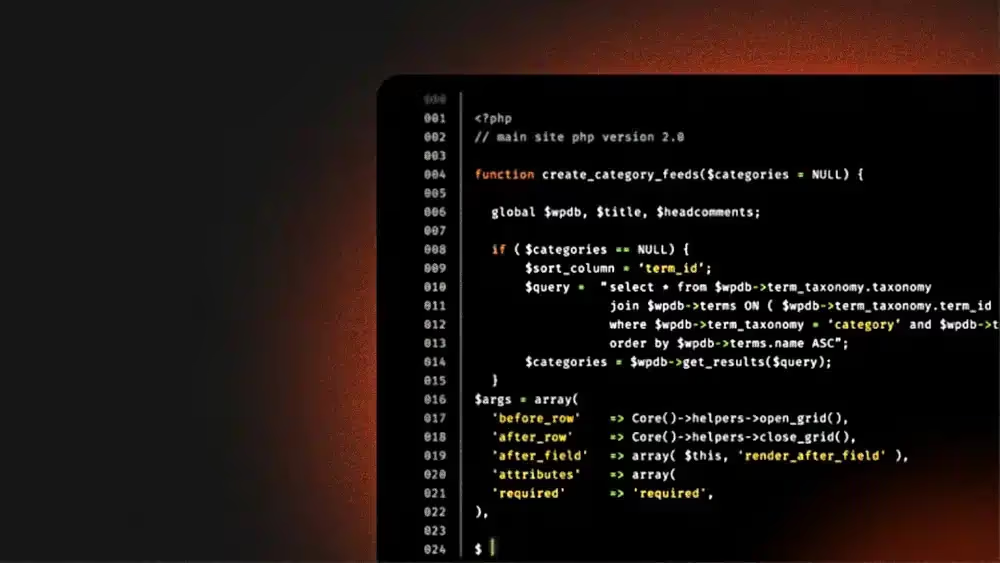
Credit: dell.com
Tariff tightrope keeps tech on edge and consumer outcomes unclear
Key points
- The true impact of tech tariffs remains unclear, with outcomes hingeing on how government and industry adapt.
- Ashank Dubey, Sr. Advisor of Product Marketing at Dell Technologies, worries U.S. tech tariffs lead to market volatility and force companies to freeze hiring and cut R&D spending.
- Dubey points to extended GPU delivery timelines due to tariffs, impacting bottom line and server pricing.
- He sees tech companies are diversifying supply chains to reduce reliance on China, despite upfront costs.
Whether the benefits outweigh the downsides depends on how effectively the U.S. government and tech companies navigate the new supply arrangement, manage increased costs, and secure the trade concession through ongoing negotiations. Everything has pros and cons.
The true impact of U.S. tech tariffs is still anyone’s guess. With no clear roadmap and companies scrambling to adapt to volatile government moves, the long-term fallout remains wide open. It will hinge not just on policymakers, but on how firms choose to respond.
Ashank Dubey, Senior Advisor of Product Marketing at Dell Technologies, sees the ultimate impact of these tariffs as still an open question. In his role, Dubey is responsible for developing and executing global GTM strategies for SMB products and collaborating with engineering and sales on product strategies that drive customer engagement. When the macro economy is rife with unknowns and consumer confidence oscillates, making the right moves on predictive pricing and policy can make or break an org.
Strength or strain?: "Whether the benefits outweigh the downsides depends on how effectively the U.S. government and tech companies navigate the new supply arrangement, manage increased costs, and secure the trade concession through ongoing negotiations," says Dubey. As he puts it, "everything has pros and cons." Tariffs may strengthen domestic supply chains and give the government more leverage at the bargaining table, but they also "simultaneously increase costs, disrupt operations, and limit consumer choices," explains Dubey.
Whiplash woes: That tension is fueling volatility across the market. "Most tech companies have a larger plan on how the policy will look and how it's going to impact them in future," Dubey says. "And because of that uncertainty, things are becoming very volatile." The semiconductor saga seen throughout the first half of 2025 captures just how erratic and unpredictable things have gotten.
GPUs on backorder: For Dell, which sources components from Nvidia and other tech giants, the impact is immediate. "There’s always issues with the GPU because GPUs are in very high demand," Dubey explains. Tariffs only make it worse, pushing delivery timelines from 90 to 180 days. "This is impacting companies at a bottom line level," he adds, turning server pricing into a precarious guessing game.
Tariffs have driven many U.S. companies to rethink in long-term manufacturing strategy. While this reduces the reliance on China, it may require upfront capital expenditure and reorganization.
Stuck in limbo: Tech companies are tapping the brakes. "Tariff uncertainty makes it difficult for tech companies to plan multi-year roadmaps and investment strategies," says Dubey. "Tariff related-costs are eating company margins." That pressure is forcing hard choices. "Companies are freezing. They're not looking for new people, they're cutting down on R&D," Dubey says. "They’re sitting on piles of cash, just waiting to see how the policies shake out." This kind of belt-tightening is a typical industry response to rising costs and deep uncertainty.
Production pivot: "Tariffs have driven many U.S. companies to rethink long-term manufacturing strategy," Dubey says. Some are reshoring to the U.S., others are spreading supply chains across countries like India, Vietnam, and Mexico. "While this reduces the reliance on China, it may require upfront capital expenditure and reorganization," he explains.
Tariffs TBD: Dubey sees no clear resolution in sight. "While some exemptions and policy adjustments have offered temporary relief, broader trade tensions and regulatory concerns remain," he says. The long-term outcome, he adds, "will depend heavily on ongoing diplomatic negotiations, national security priorities, and how strategically the tech industry moves to diversify and strengthen its supply chain."




